We Bengalees savor grandiose delusions of our past – our glorious heritage and our immense contributions in all walks of life. Some of it, expectedly, may be overblown. But reminiscing is part of our ethnic culture and truth be told, we have a lot to be proud of. And this includes our involvement in the struggle for India’s independence. Many groups fought over the years in the fight for independence and gave the Brits a real run for the money. Battle was raged in many fronts and in many forms, from peaceful negotiations to Gandhi’s non-violence movement to terrorist and armed struggle. And there is no denying that the Bengalees had over the years been a major contributor in all the efforts and in multiple facets. It is foolhardy to discuss whether the Bengalees had the greatest influence on India’s independence and it serves no useful purpose. To me it is more meaningful to reminisce the where the Bengalees contributed over the years – the major struggles that have produced great sons of the soil that have made us all proud. I have made my humble effort to recount some of it.
The current thinking, and perhaps with good reason, appears to be that the major reason for India’s gaining independence from the British was more due to the changed geopolitical situation after the Second World War. England was part of the victorious Allied Powers; yet they came out tired and economically drained. The soldiers were reluctant to fight more to keep India under their sway. And this resulted in our independence.
We may perhaps start with Bankim Chandra Chattopadhhay and his seminal patriotic song, Bande Mataram which has for generations provided inspiration to the struggle. Then came the formation of the Indian Association by Surendranath Banerjee, a Bengalee and later in 1885, the formation of the Indian National Congress, whose first President was W. C. Bonnerjee and had several other Bengalees in the Committee. In 1905, there was the infamous Partition of Bengal, which gave rise to the patriotic instincts. Rabindranath Tagore and Dwijendralal Roy inspired us with some of the greatest patriotic songs, which live to this day. Revolutionary organizations like Yugantar and Anushilan Samity sprang up in Calcutta and with time, spread further afield, promoting the making of bombs and killing Englishmen to make their voices heard. There appeared on the scene legendary figures like Pulin Das, Sri Aurobindo, Ullaskar Datta and others. They spread terror in the hearts of the British and courted arrests and deaths to the inspiration of their countrymen. Many of them were exiled for life in the Andamans. Probably close to a hundred were executed. We have chosen to forget them, names kike Khudiram, Benoy, Badal and Dinesh, young men all of them. The names of Surya Sen and Loknath Ball of the Chittagong Armory Raid also come to mind. The patriotic fervor permeated deeply among the Bengalees from the 1910s to the 1940s, particularly the young men, that made the Britishers wary. In my recent visit to the Andaman Island Central Jail, I was told that 80 percent of those incarcerated there were Bengalees, almost entirely all political prisoners. It should further be noted that Bengali revolutionaries had spread their tentacles all over northern India – many of Bhagat Singh’s close associates like Batukeshwar Datta and Jatin Das of hunger strike fame were Bengalees.
Parallely with the ‘terrorist’ movements, Bengalees always played a prominent part in the Indian National Congress and supported Mahatma Gandhi in many of his efforts. Some notable names of the period include Bipin Chandra Pal, Deshbandhu Chittaranjan Das, Sarat Bose (elder brother of Netaji Subhash Chandra Bose), Kiron Shankar Roy, Sarojini Naidu and the first two chief ministers of West Bengal, Bidhan Chandra Roy and Prafulla Ghosh. And there was of course Netaji Subhash Chandra Bose, a man like no other. He started his political journey in the Indian National Congress, rose through the ranks to become its President for two successive terms. He quit Congress on disagreements with its leadership, formed his own party, Forward Block, and then escaped from India to Germany and then to Japan. He formed the Indian National Army (INA) recruiting from the Japanese POWs in southeast Asia and from the expatriate Indians there and marched hand in hand with the Japanese Army. They came up to Kohima inNagaland where they were overwhelmed by the British Army. They came, oh! so close. Netaji’s name still conjures up inspiring images. Many feel that the success of the INA was a major cause behind the British withdrawal from India.
We should bear in mind that in the period we are talking about, we had a united Bengal. It was before the Partition in 1947, which gave birth to East Pakistan from the erstwhile area of East Bengal. And East Pakistan became Bangladesh, an independent nation, in 1971. The struggle for independence involved Bengalees from both East Bengal and West Bengal. In fact, I have heard it being said often that people from East Bengal consisted of a greater number of freedom fighters than those from West Bengal.


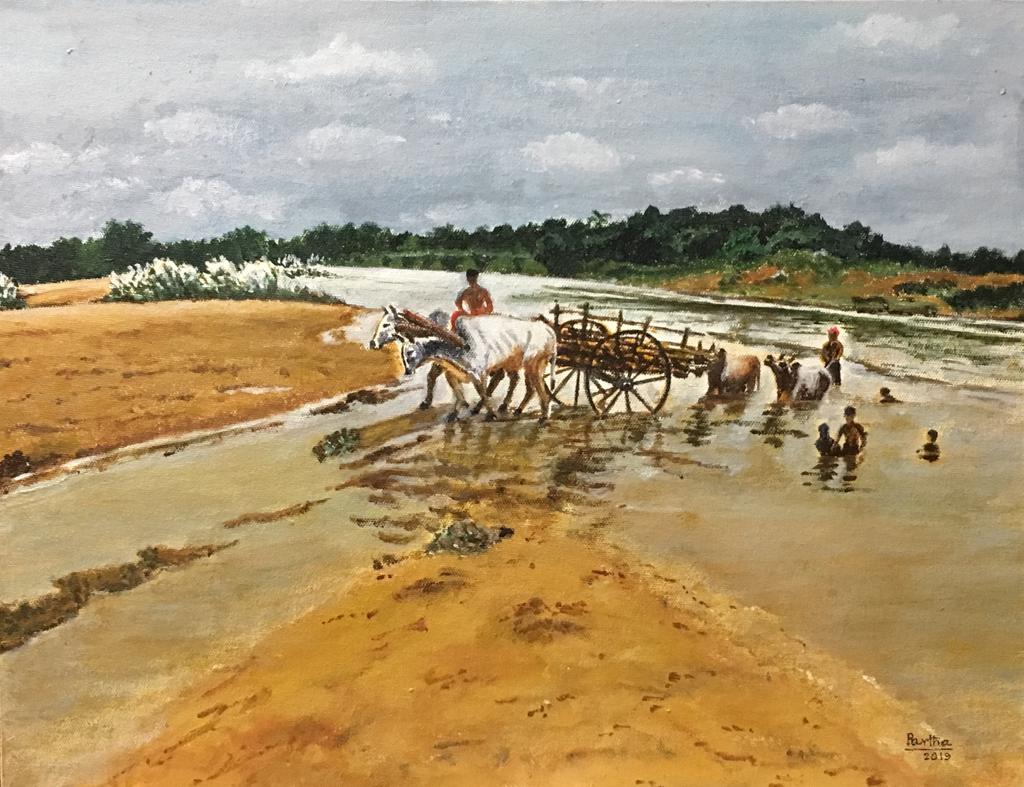
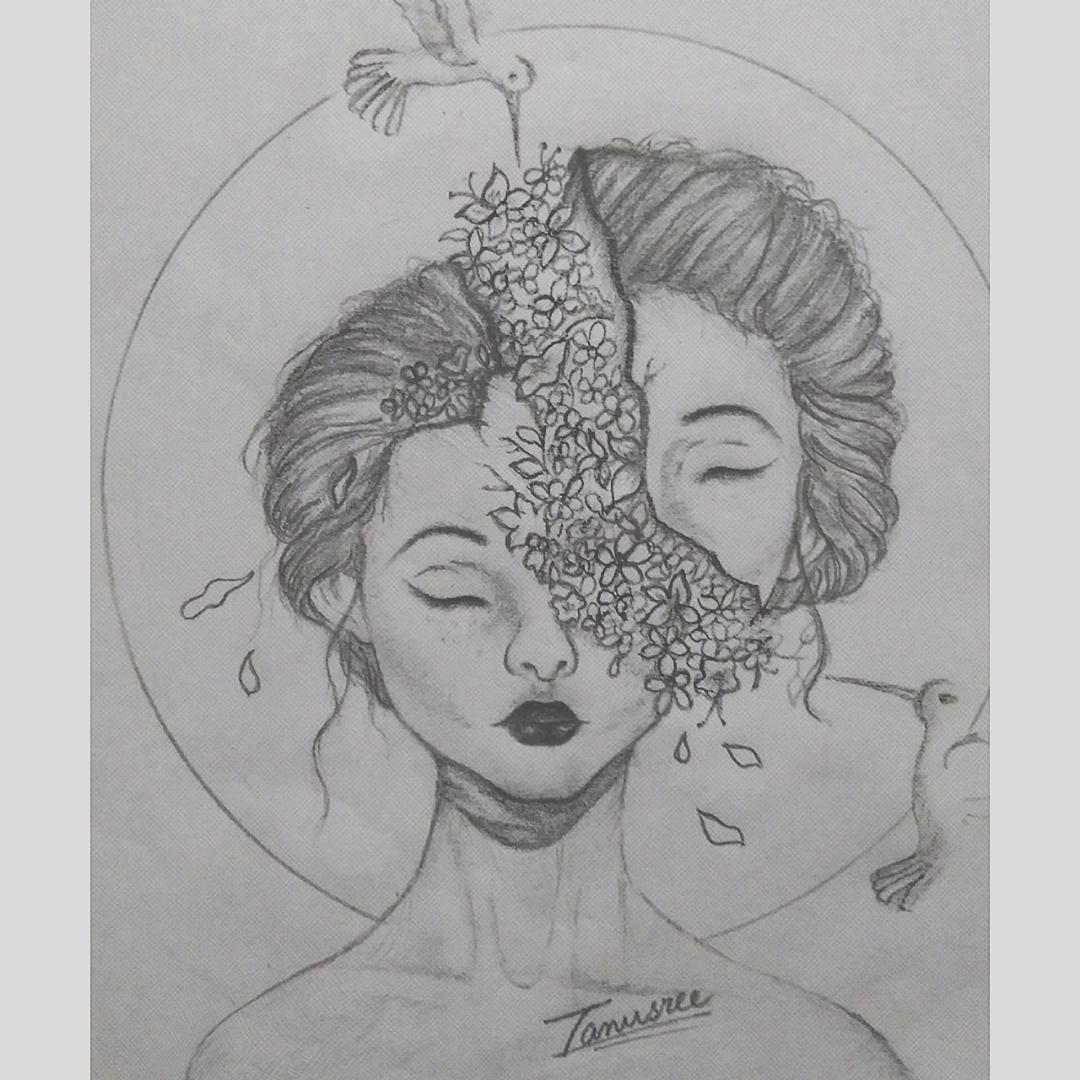
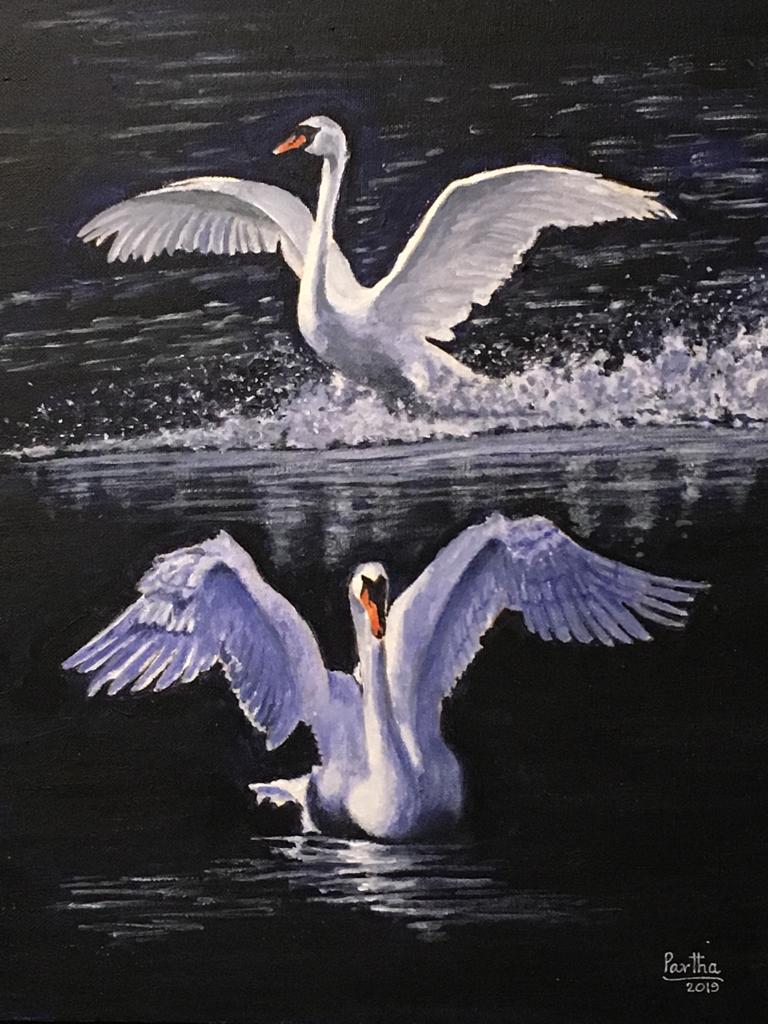
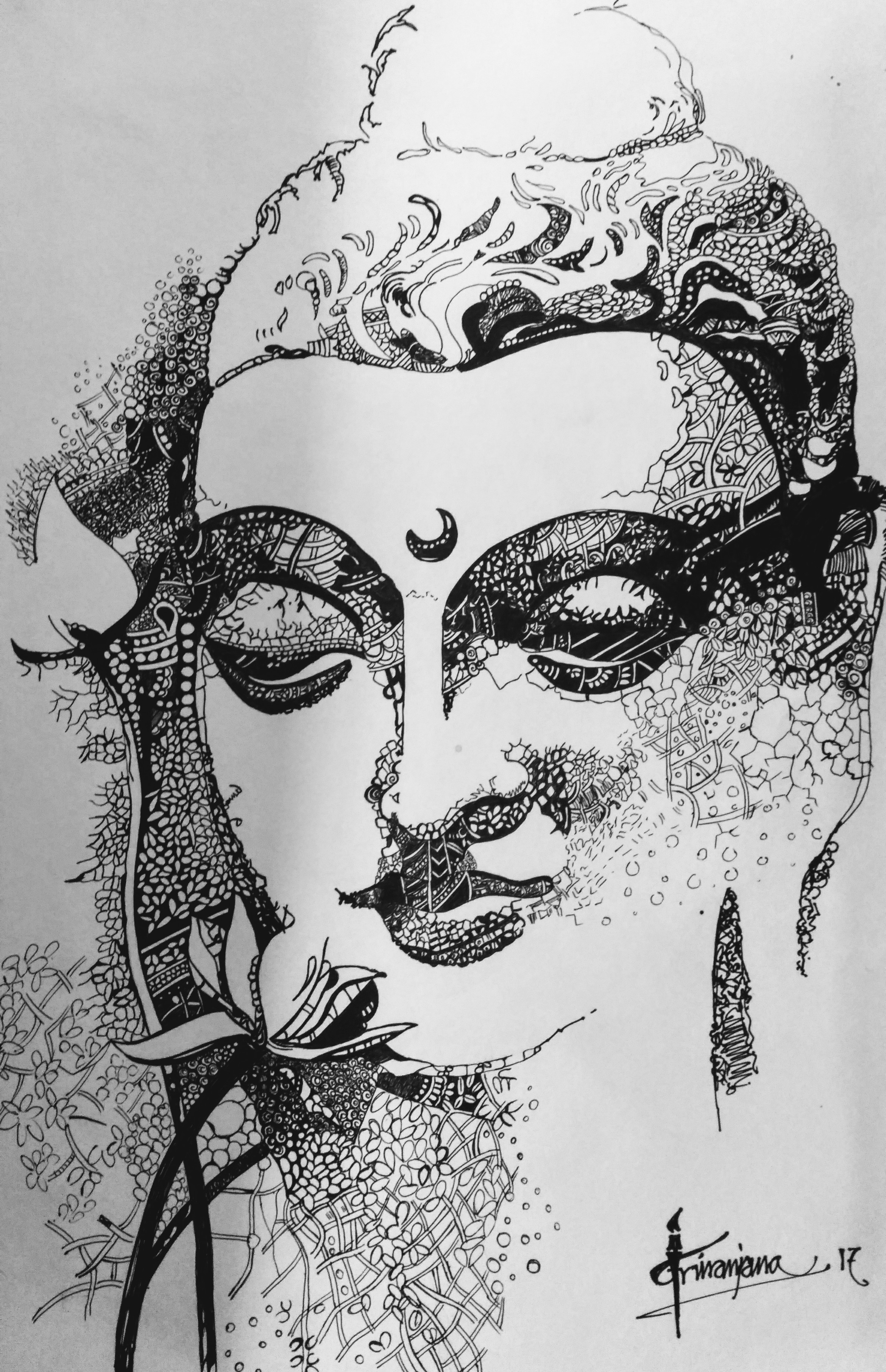


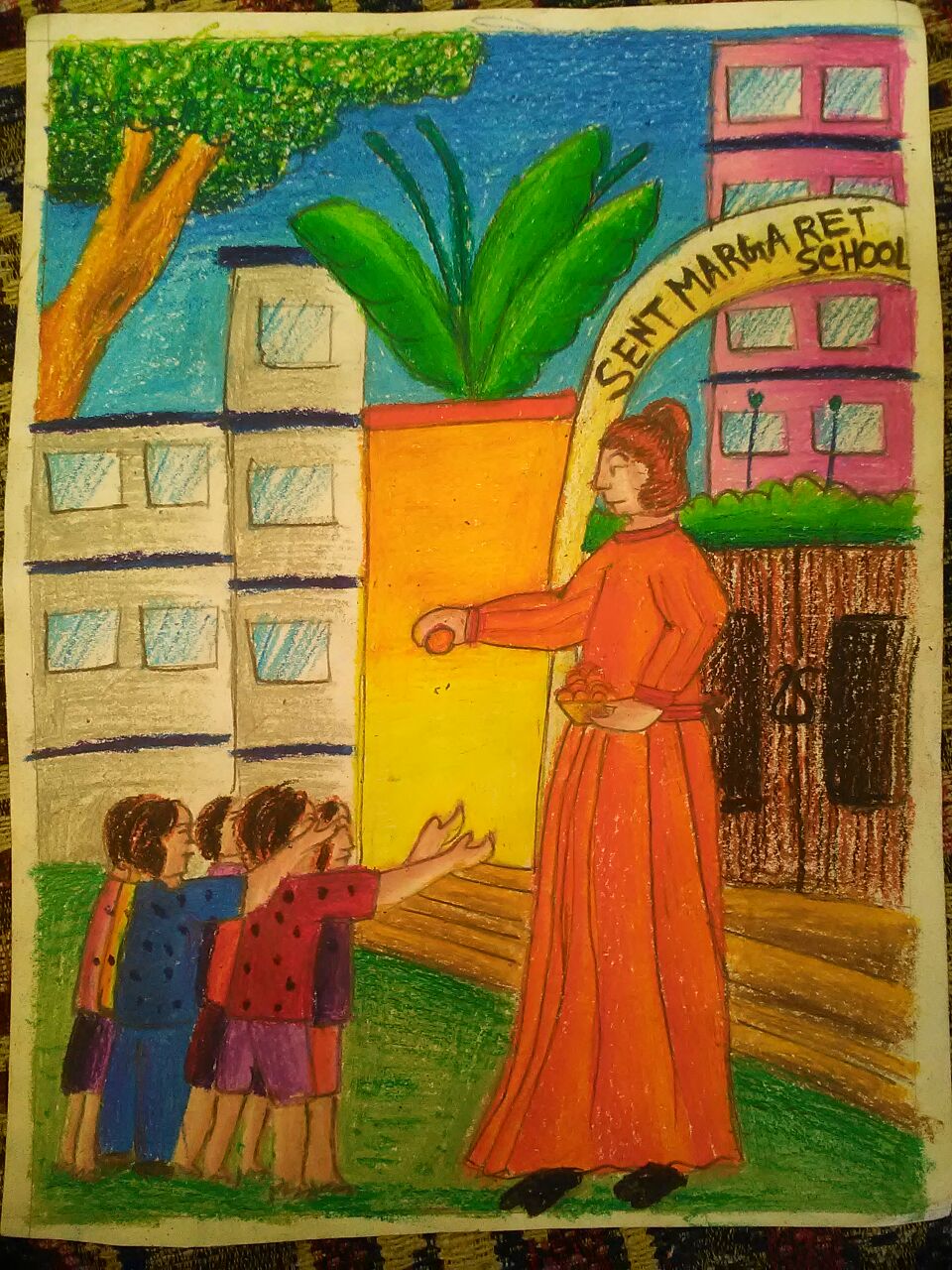





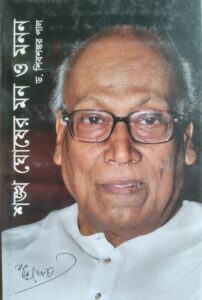

Comments »
No comments yet.
RSS feed for comments on this post. TrackBack URL
Leave a comment